At times marked by political or social shock and upheaval the need for good journalism is particularly acute. Good journalists understand that news is often complex and a true understanding or interpretation of what’s going on means digging below the surface story to reveal the layers of motivation and meaning below. Here at the Sandford St Martin Trust we’ve long argued that good journalists understand the role belief or religion plays in the news and so for 2019 the Trust has launched its new Journalism Award. Nicola Meyrick is the former head of Radio Current Affairs at the BBC. She helped design the new category and shortlisted the entries in this, its inaugural, year. In the blog below she reflects on its purpose.
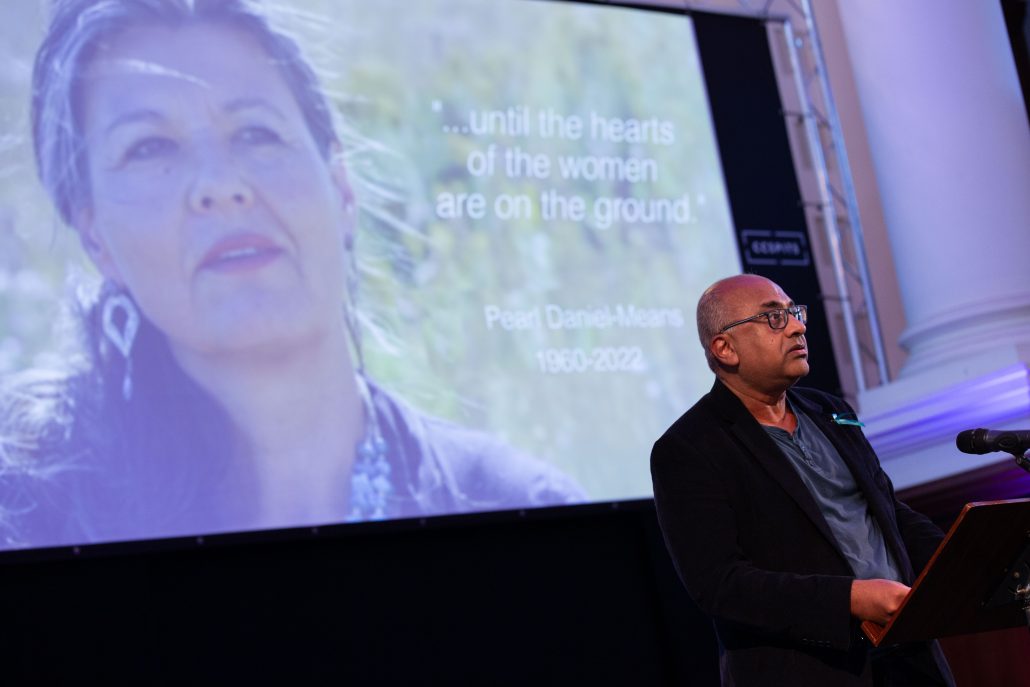
Why good journalists believe in religion
By Nicola Meyrick
Could evangelical Christians in the US alter the country’s attitude to climate change? What moral considerations influenced the vote in Ireland’s abortion referendum? And is there a link between financial fraud in north London and the requirement that Hasidic Jewish men devote their lives to religious study? These were some of the questions addressed in the 35 entries to this year’s new Sandford St Martin award – the Journalism Award. Along with the long-standing Radio/Audio, TV/Visual and Children’s Broadcasting Awards it will celebrate the best religious and ethical programmes in UK broadcasting.
Why introduce a Journalism Award, and why now? After all, news and current affairs programmes have been entered, and sometimes been successful, in the other Sandford St Martin categories in the past. And there are plenty of other awards that journalistic programmes can enter.
For me, as a trustee and one of the shortlisters for the new award, this category is a celebration of the vital role that understanding religious belief – whether or not one shares a particular, or any, belief – plays in journalists’ ability to understand and explain the world in which we live.
Whether it’s the abortion referendum in Ireland, the role religious identity plays in conflicts in Syria and Myanmar, the role of faith in people’s response to tragedy, or the conflict between the powerful and the ordinary believers, religion simply is part of the story – and, often, a part that calls for serious and nuanced explanation. So the value of, and the need for, religious literacy among journalists is greater than ever. Journalists simply can’t do their job properly without some understanding of the belief systems of the people involved in the events they’re reporting.
This year’s entries ranged in length from nine minutes to two hours. The majority were broadcast on the BBC (TV and radio, and including local, regional, UK and World Service broadcasts) but we also received entries broadcast by RTV, Channel 4, Sky News, The Economist, The Guardian, Premier Christian Radio, Al-Jazeera, ITN and United Christian Broadcasters. Many of the entries were made in-house but many, too, by independent production houses. Many of the stories were broadcast on multiple platforms. The subject matter included war and violence in Syria, Myanmar and Srebrenica, the Grenfell Towers tragedy, gangs, sexuality, clerical sexual abuse, the roots of Islamist violence and Islamic forgiveness.
Some of the entries were deeply touching and others challenged my own preconceptions. It was exciting to see that so many journalists understand the significance of this new award and are already making the kind of content that it’s seeking to celebrate.
So, apart from gaining new insights, what else did I learn? I think – at the risk of sounding pompous – it was a sense that journalism can only be really good when it’s delivered with genuine understanding of the subject – whether it’s economics, politics, or, yes, religion. The problem (as some would see it) with religion is that it permeates so many other issues. That can sometimes make journalists lazy and tokenistic, calling up the same religious leaders for similar thirty-second soundbites every time a particular button is pushed.
The great thing about so many of these entries was that they avoided knee-jerk reactions and looked for the heart of the story. They told me much more than I already knew about the stories themselves – that’s good journalism. But they also told me about the ideas and beliefs which drove the people at the centre of those stories – and that’s good religious journalism.
Nicola Meyrick will be representing the Trust and talking about the challenges and issues surrounding the coverage of religion in the news at the Religion and Media Festival on April 30th, 2019. More information about the event and tickets are available here.

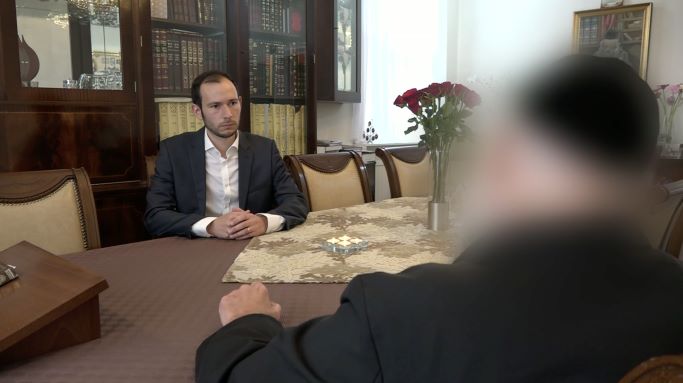
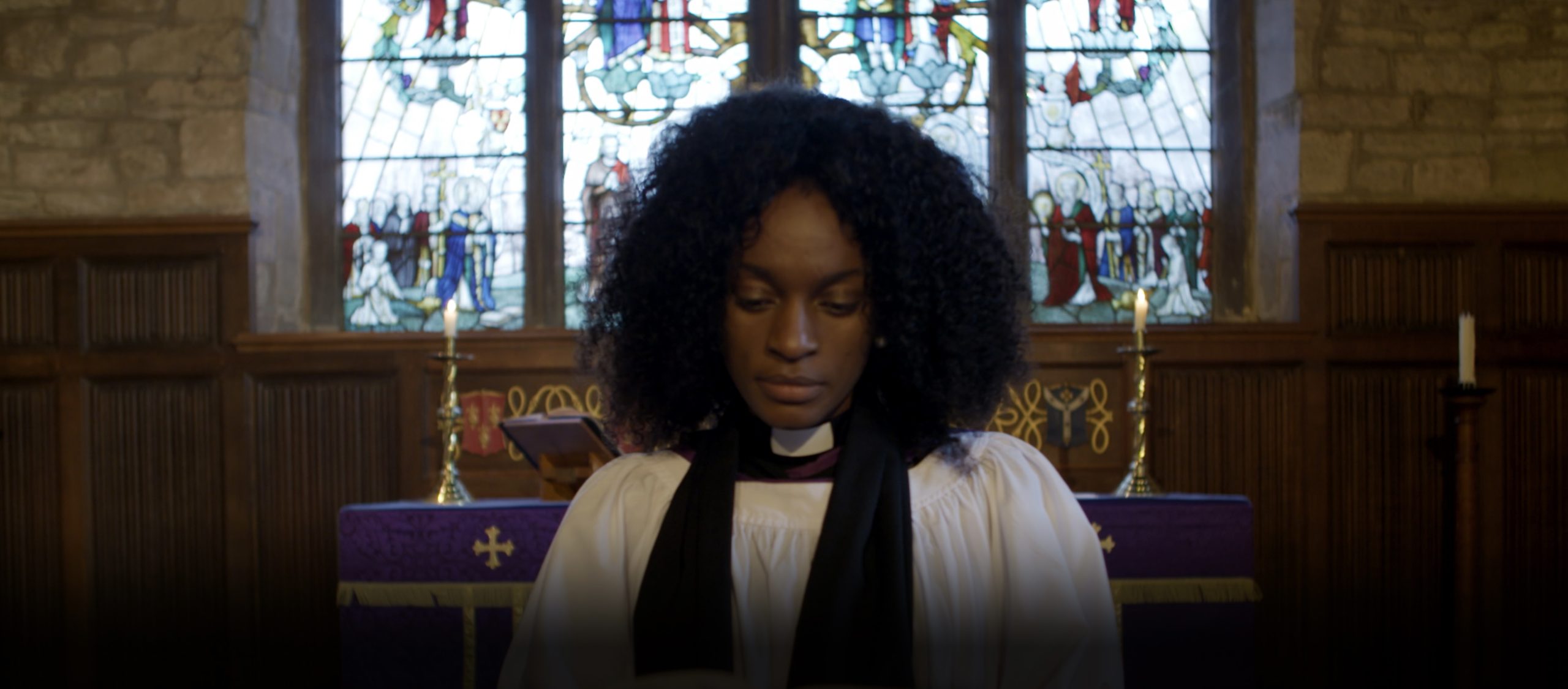

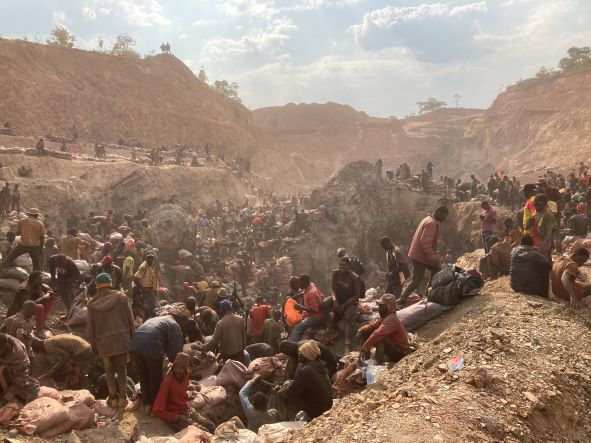
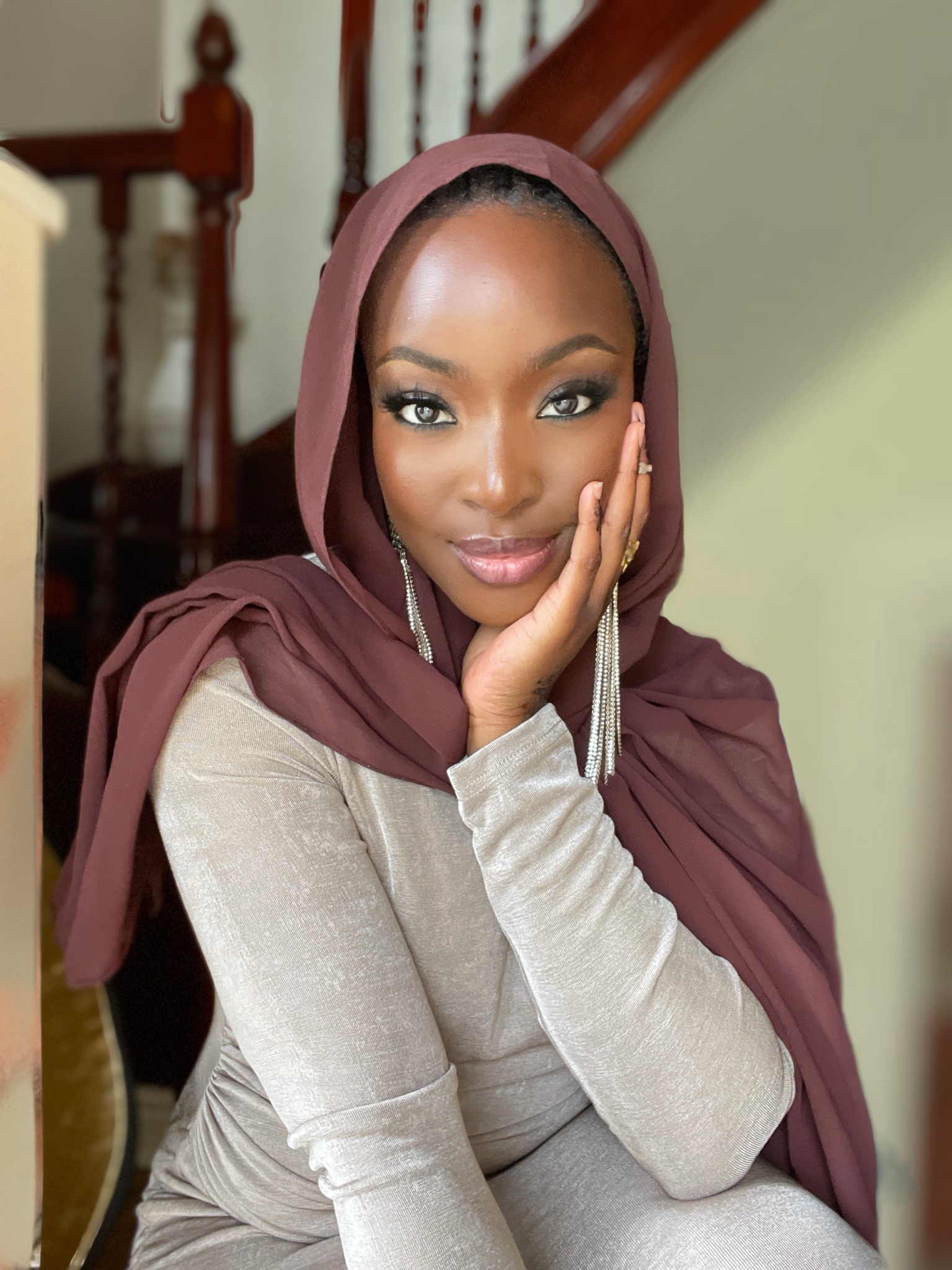



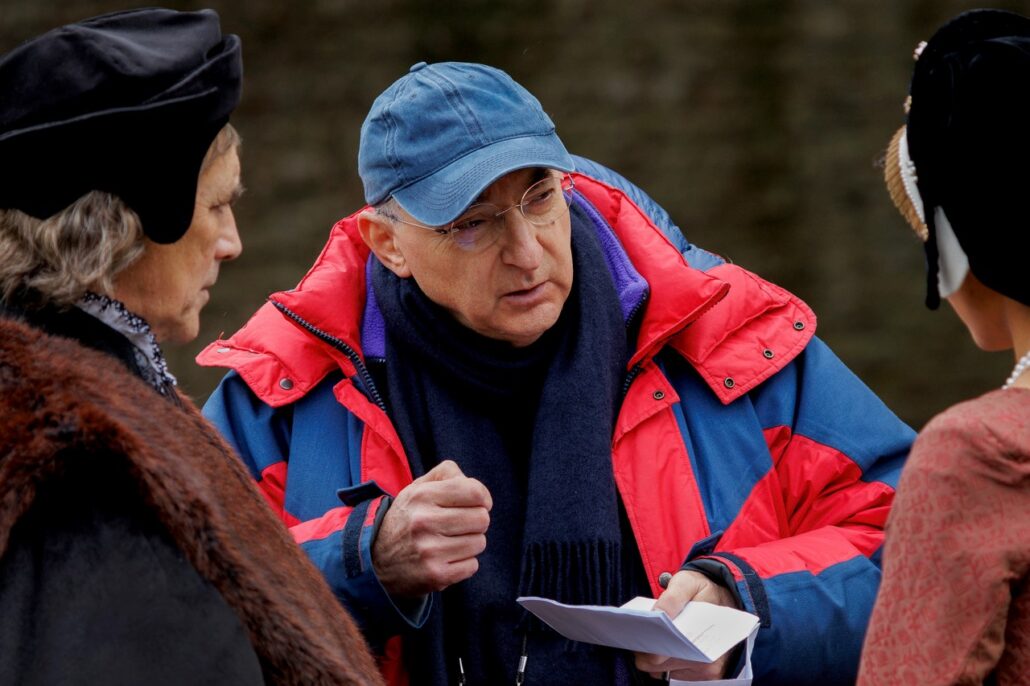


Leave a Reply